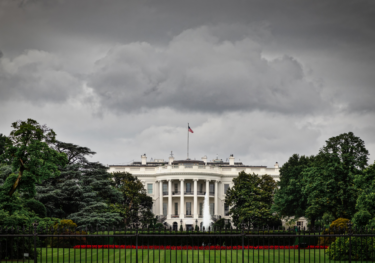All politics is local: South Africa’s local government elections
South Africans vote to renew their municipal governments on November 1. The ruling African National Congress (ANC) and the official opposition Democratic Alliance (DA) are both in poor shape, but will minor parties be able to make the most of the opportunity presented by this weakness? In this webinar we will discuss the results of the previous local government elections in 2016 (especially the messy coalition rule in key cities that ensued), lay out the current state of the important parties, look at minor ones and independents, and consider the key question of expected turnout. We will then set out what all of this means for the likely composition of municipal councils in the country’s metropolitan areas for the coming five years, before we conclude by considering what that might mean for the business environment.
We will be repeating the same webinar to cater for the difference in time zones between APAC, EMEA and the Americas:
- APAC – Tuesday 26th October | 10:00 HKT
- EMEA – Tuesday 26th October | 10:00 BST (11:00 SAST)
- Americas – Tuesday 26th October | 16:00 EDT

Louw Nel
Senior Political Analyst

Louw Nel
Senior Political Analyst
Louw Nel | Senior Political Analyst
Louw is the senior political analyst at Oxford Economics Africa. He joined the company in 2020 after five years with South Africa’s official opposition party, serving as its operations director at Parliament. He is responsible for political coverage of South Africa, Nigeria, Kenya, Ethiopia, and six other African countries.

François Conradie
Lead Political Economist

François Conradie
Lead Political Economist
François Conradie | Lead Political Economist
François is the lead political economist. Apart from coordinating Oxford Economics Africa’s political coverage, he covers nine countries in North and West Africa on politics and undertakes thematic research.
Related Services

Event
Frontier markets outlook: Looking for opportunities after the rally
In this webinar we will discuss which frontier markets still offer value in the wake of an extraordinary rally since October, and which have become too expensive, in our opinion. We will also offer further insights into the cases of Argentina, Nigeria, Ukraine and others.
Find Out More
Event
Economics of a second Trump presidency
Continuing our series of analyses on the 2024 election, we modeled the macroeconomic impact of a second Donald Trump presidency. If the former president wins on Election Day, he will most likely return to the White House with Republican majorities in the House of Representatives and Senate. Assuming full Republican control of government after the 2024 election, we constructed two scenarios that bookend a range of outcomes for the US economy. This webinar will discuss the results of the Trump scenarios, including for inflation, GDP, monetary policy, trade and immigration.
Find Out More